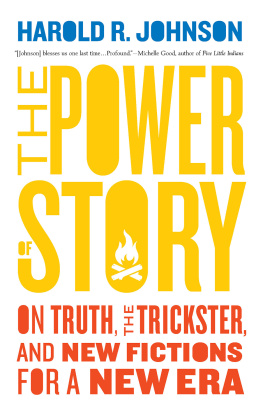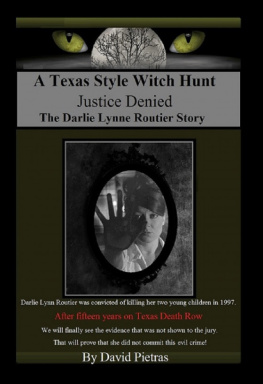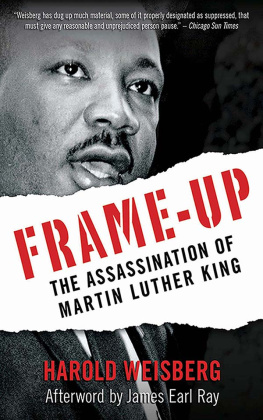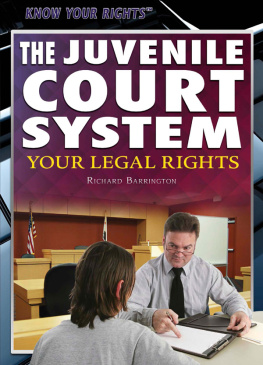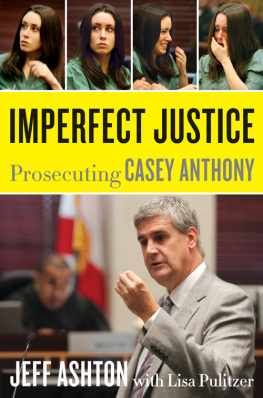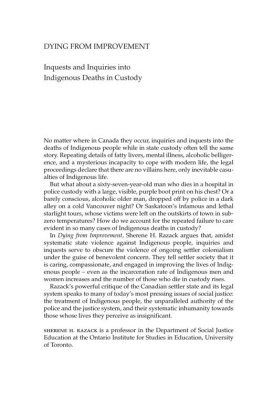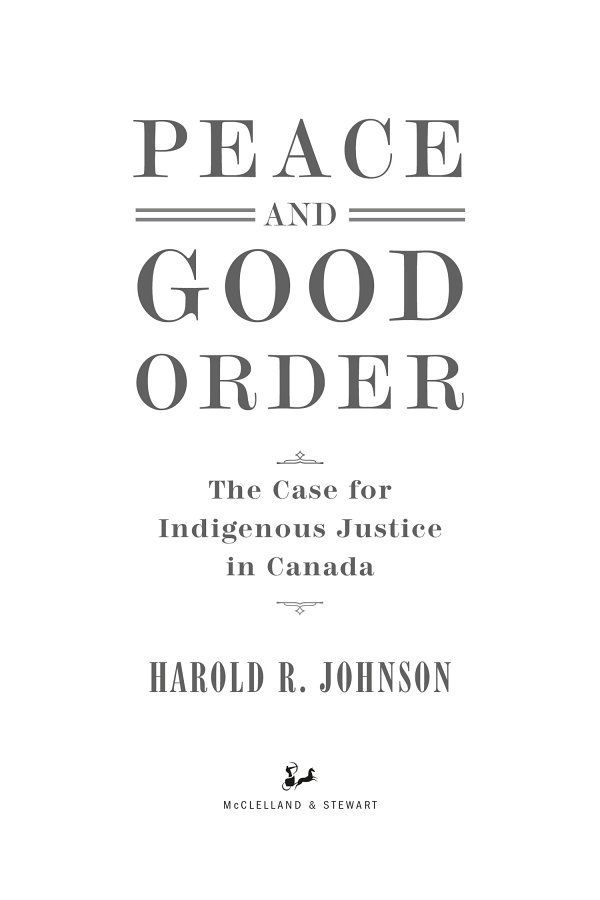Copyright 2019 Harold R. Johnson
McClelland & Stewart and colophon are registered trademarks of Penguin Random House Canada Limited.
All rights reserved. The use of any part of this publication reproduced, transmitted in any form or by any means, electronic, mechanical, photocopying, recording, or otherwise, or stored in a retrieval system, without the prior written consent of the publisheror, in case of photocopying or other reprographic copying, a licence from the Canadian Copyright Licensing Agencyis an infringement of the copyright law.
Library and Archives Canada Cataloguing in Publication data is available upon request
OPENING ARGUMENT
THE CASE AGAINST CANADIAN JUSTICE
Late in the evening on February 9, 2018, I heard the decision in the Gerald Stanley trial announced on the radio. An all-white jury had found Stanley not guilty of shooting and killing Colten Boushie, a twenty-two-year-old Cree man from the Red Pheasant First Nation. On August 9, 2016, Boushie and four of his friendsKiora Wuttunee, Cassidy Cross-Whitstone, Eric Meechance and Belinda Jacksonhad spent the day swimming. Cassidy Cross-Whitstone was driving their Ford Escape home when they hit a culvert and punctured a tire. They pulled into a farm belonging to Gerald Stanley, a fifty-six-year-old white man, and Cross-Whitstone and Meechance got out their vehicle. They were confronted by Stanley and his son Sheldon, who believed the men intended to steal an ATV. Meechance and Cross-Whitstone jumped back into the Escape and tried to drive away, but veered into Gerald Stanleys car and crashed. While Sheldon Stanley ran toward the house, Gerald Stanley grabbed a semi-automatic handgun from his shed. When Stanley fired two warning shots, Cross-Whitstone and Meechance ran off, leaving Colten Boushie and the two women in the Escape. At trial, conflicting testimony was offered as to what happened next: Gerald Stanley testified that when he lunged into the Escape to take the keys from the ignition the gun went off accidentally, hitting Colten in the head. Belinda Jackson testified that the gun was fired intentionally. Twelve white jurors believed Mr. Stanley.
After twenty years as a lawyer, having worked first as defence counsel and then as a prosecutor in the high-crime communities of northern Saskatchewan, I experienced some vicarious trauma in response to the verdict. I shut off the radio and ignored all social media. I didnt want to be part of it. I wanted to hide in my cabin on my trapline with my wife, my writing and my dog team and pretend that I was not part of that world. It wasnt my file. I hadnt been hired by the accused or the family of the victim. I had retired, thankfully, and so hadnt been involved in the case in any way. I could tell myself it was none of my business, and no one had asked me to make it so.
The next morning I awoke to find a text message on my phone from a dear friend, a retired provincial court judge.
Harold,
I hope that youre fast asleep and that this text doesnt wake you. Its 12:38 a.m. Im sitting at my kitchen table and Im crying. Im ashamed. Im ashamed. After hearing the verdict in the Stanley case in North Battleford Im ashamed. Im ashamed of my Caucasian heritage. And I should have seen how stacked the system is against indigenous Canadians. I feel so ashamed, and I must be sorry for myself too because I want to cry.
The forbearance of the families who suffer this is more than I can understand right now.
Im sorry to bother you with this, Harold. I just needed to tell somebody how sad I feel.
Later that day, my wife and I left our home in the boreal forest. We were heading more than four hundred kilometres south, down to Sweetgrass First Nation, near Coltens home, to attend a ceremony. As I drove, I had lots of time to think about what my friend had said in our subsequent conversation. The thing that discourages me so much is that I believe that in rural, farmland Saskatchewan, there are many that believe Stanley had the right to kill Colten Boushie.
My friend would know. After a career as a lawyer and then a judge in northern Saskatchewan, he retired to a ranch in the south, happy to be back where he grew up, close to family and horses. He heard all the things his farmer neighbours were saying. Coming together in local restaurants and other meeting places, they reinforced each others dislike of Indigenous Peoples. When the majority of a community believes the stereotypes, and when the jury is selected from this pool, the acquittal of a white farmer in the shooting of an Indigenous man is all but guaranteed.
While we were crossing that desolate land, far from the nearest gas station or other facility with a washroom, my wife asked me to pull over, and she stipulated, Not in a farmyard. I realized that this tough woman, who lives with me on a trapline, who regularly walks trails alone in the dark knowing there are wolves out there, whom I have never seen to be afraid of anything, was now afraid of farmers.
And if we believe Gerald Stanley, the farmers were afraid of her.
What do I know about fear? Not much. I know that if a dog is afraid, it is more likely to bite than a dog that is angry. I know that if a person is afraid for long enough, their fear turns into anger and their anger becomes hate. And I know that hate leads to suffering.
Shortly after the Stanley decision, the Indigenous street gangs in Saskatchewan informed First Nations leadership that they were armed and prepared to start shooting. All they needed was for someone to give them the okay. Our leadership told them to stand down. The Saskatchewan government, in an effort to garner votes, added fuel to the fire by issuing assault rifles to conservation officers and altering trespass laws to remove the assumption of free access to unoccupied lands. There is no reason to give conservation officers assault rifles other than to send a message that Saskatchewan is prepared to go to war with its Indigenous population. All that was needed in the province for a full-blown race war was one more incident, one more death, and for leadership on both sides to use the incident for their own political ends.
Indigenous Peoples across Canada were extremely upset by the Stanley decision. It seemed that Canadian justice cared more about the property rights of settlers than about the lives of Indigenous youth. Gerald Stanley had used deadly force to protect his property, and the law decided that was okay. Meanwhile, Indigenous Peoples were serving prison time at an ever-increasing rate.
The 2017/18 annual report of the federal Office of the Correctional Investigator stated:


